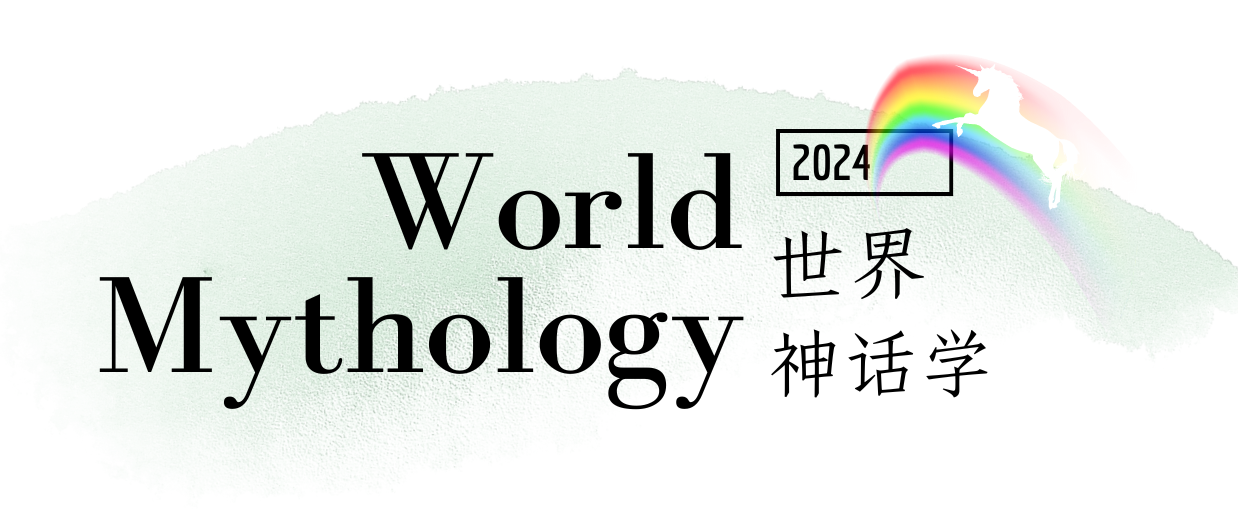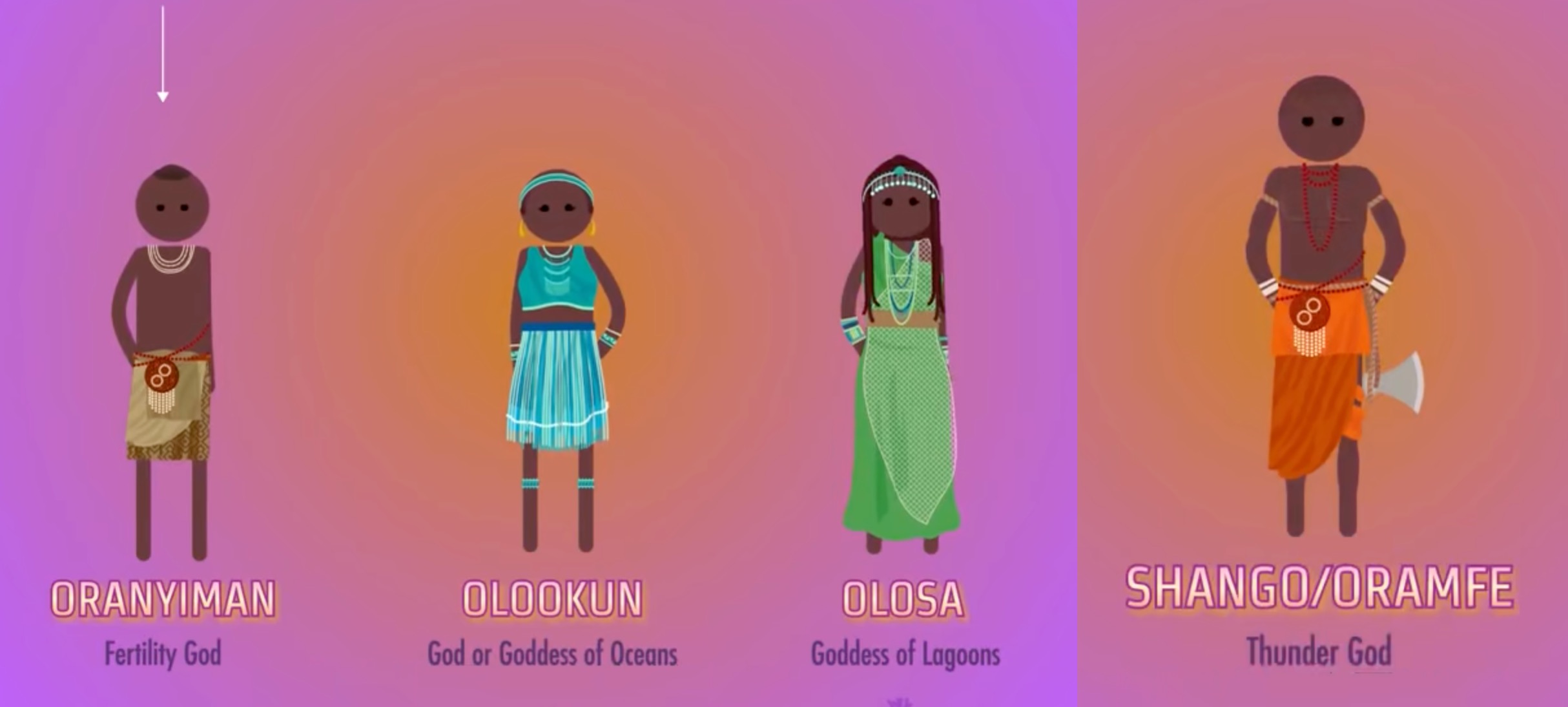



🌳 版权归Crash Course公开课所有,本文仅作读文学习使用,如侵权,请联系搬运工删除。
(11)
African Pantheons and the Orishas
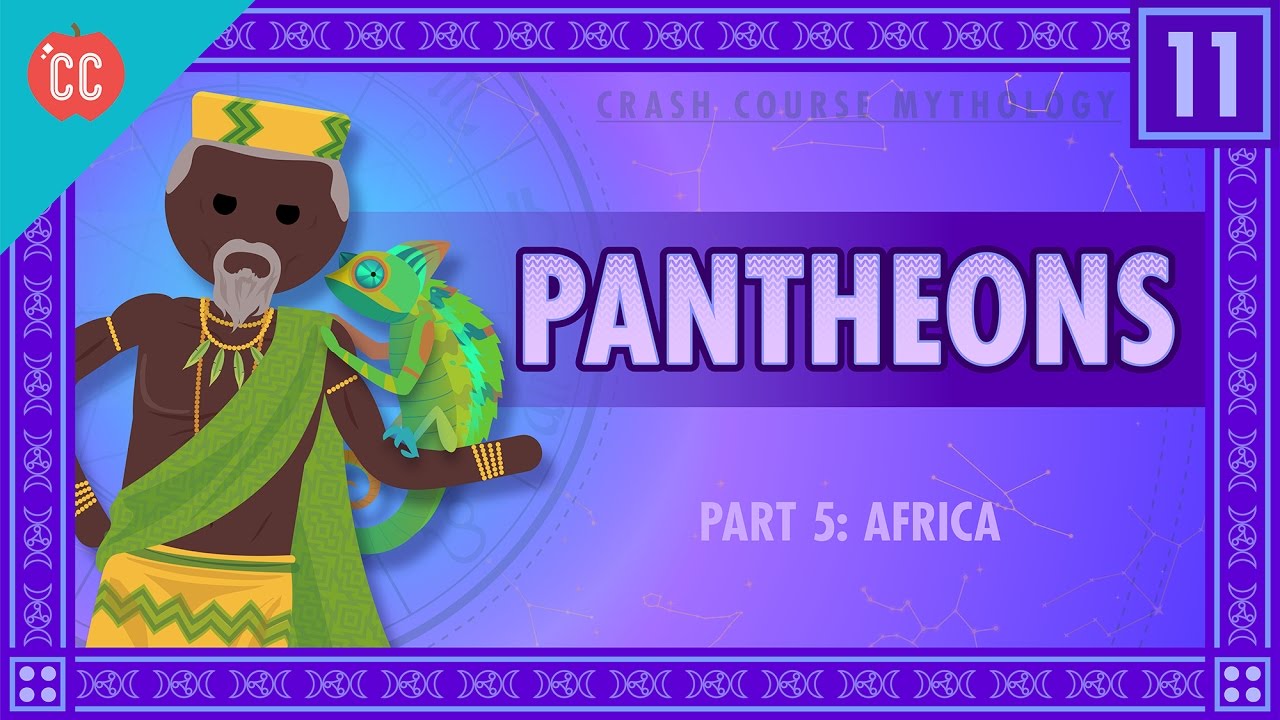
Description
🌳 So, today we’re talking about African Pantheons. Now, you might say, that’s ridiculous. Africa isn’t a single place with a single pantheon, and we’d be fools to try and cover all that in an eleven minutes video. You’d be right. Instead we’re going to focus on Yoruba religion from west Africa, and the Orishas that populate Yoruba stories. The many, many Orishas cover all aspects of life, and can be pretty specialized. We’re going to focus on a dozen or so.
正文
🌳 1. This is Crash Course Mythology, and today we're going to finish up our look at pantheons with African gods.
Now, some Crash Course fans are already scratching their heads because they know that it's very hard to speak of African anything without drastically oversimplifying. It's enormous and filled with diverse peoples.
🌳 2. Africa, as the saying goes, is not a country. There is no one African mythology or pantheon, just like there's no single Native American or Asian mythology. There are similarities in the stories of different groups, but no one consistent family of gods.
🌳 3. So this episode is gonna focus on an African people with a well-documented set of deities, the Yoruba(约鲁巴), of Western Africa. In particular, we're gonna look at their pantheon of Orishas, and one very wise chameleon[kəˈmiliən](变色龙).
🌳 4. Yoruba is a language and a term used to describe the people who speak it. Yoruba people live in the region around the Bight of Benin(贝宁湾), in the countries that are now Benin(贝宁), Togo(多哥), Nigeria(尼日利亚), Ghana(加纳), and Sierra Leone(塞拉利昂).
These regions are important. They're home to millions of Africans, and were also centers of the African slave trade, meaning Yoruba traditions traveled from Africa to the Caribbean, Latin America, and North America.
🌳 5. Some of these traditions have been modified and translated into the set of practices called Vodou in Haiti(海地). Probably you know them best as Voodoo(巫毒;伏都教). Vodun is a word in the Fon language(丰语) that means spirit. Yoruba myths however, are not the equivalent of Vodou. And most Vodou cults are actually a lot less intense than what you've seen in like, horror movies and stuff.
🌳 6. The Yoruba region is currently home to many religions, including Christianity and Islam[ˈɪzˌlɑm]. And the fact that the Yoruba people have maintained their Orisha stories in the face of other religious traditions is a testament to the power and importance of this cultural heritage. The Orisha stories are similar in this way to the Native American myths.
🌳 7. Okay, now let's meet the teams. Orishas are the gods and semi-divine heroes of Yoruba culture. According to Alex Cuoco, "There are countless deities in the Yoruba pantheon of Orishas, and each one of them, in one way or another, has accomplished deeds whereby the ancestors thought it was worthwhile to include them in their oral traditions of story-telling," know as 'Itan'.
🌳 8. Out of the hundreds of Orishas, there are a dozen or so that feature prominently in the myths, not unlike the twelve Olympians.
First, there's Olorun, aka Olodumare, sometimes hyphenated. He's the Great Sky Father - hey, Dad! - and ultimately responsible for the creation of world order.
Then there's Eshu, the Trickster. He, like many tricksters, represents accident and the uncertainty of life. We'll look at him more closely in a later episode.
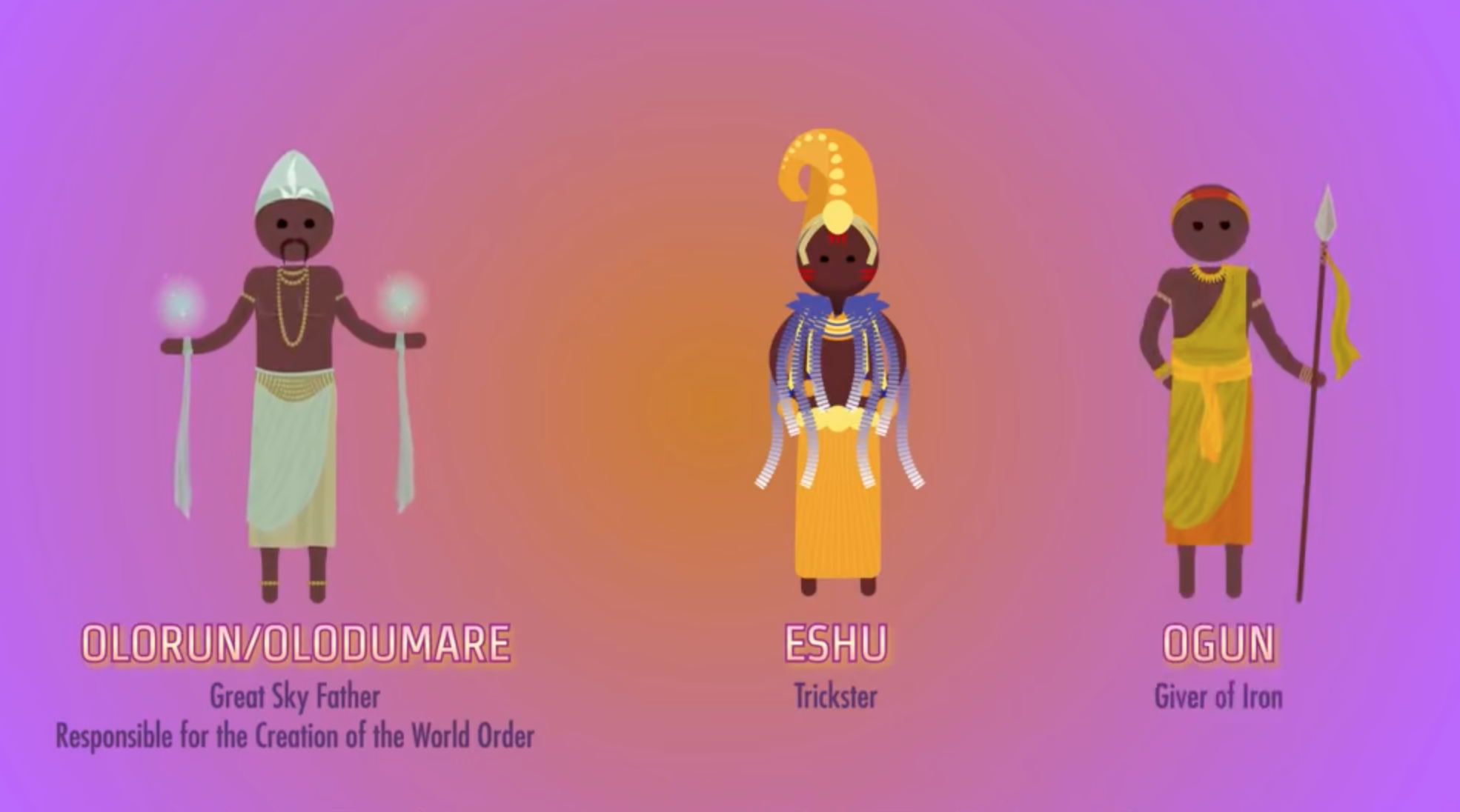
🌳 9. Ogun is the Giver of Iron, who is also a hunter and a warrior. Like in the Greek pantheon, not all gods pair monogamously[məˈnɑɡəməsli](一夫一妻制). Ogun had lovers, including Oya.
Oranmiyan, a son of Ogun, is another warrior, and also a fertility god of sorts, being the creator of dry land, and the shaper of infants before their birth. So, if you know someone having a sonogram(超声波图), tell them about Oranmiyan; that's his handiwork.
🌳 10. Olokun is the god or goddess of oceans, and Olosa is the Goddess of lagoons(环礁湖). So, I imagine there were some arguments over who has jurisdiction(管辖权) over inlets(水湾).
As with other pantheons, some Orishas have dominion[dəˈmɪnjən] over natural phenomena as well. The Orisha thunder god is Shango, who is also the same as Oramfe. Zeus, Thor, and Shango should meet up some time, I bet the conversation would be electrifying!
🌳 11. Onile-ile is the goddess of Earth's soil, and there's also Oko, god of fields, farms, and agriculture. Oya is the goddess of winds and the Niger River(尼日尔河). She's one of Shango's wives.
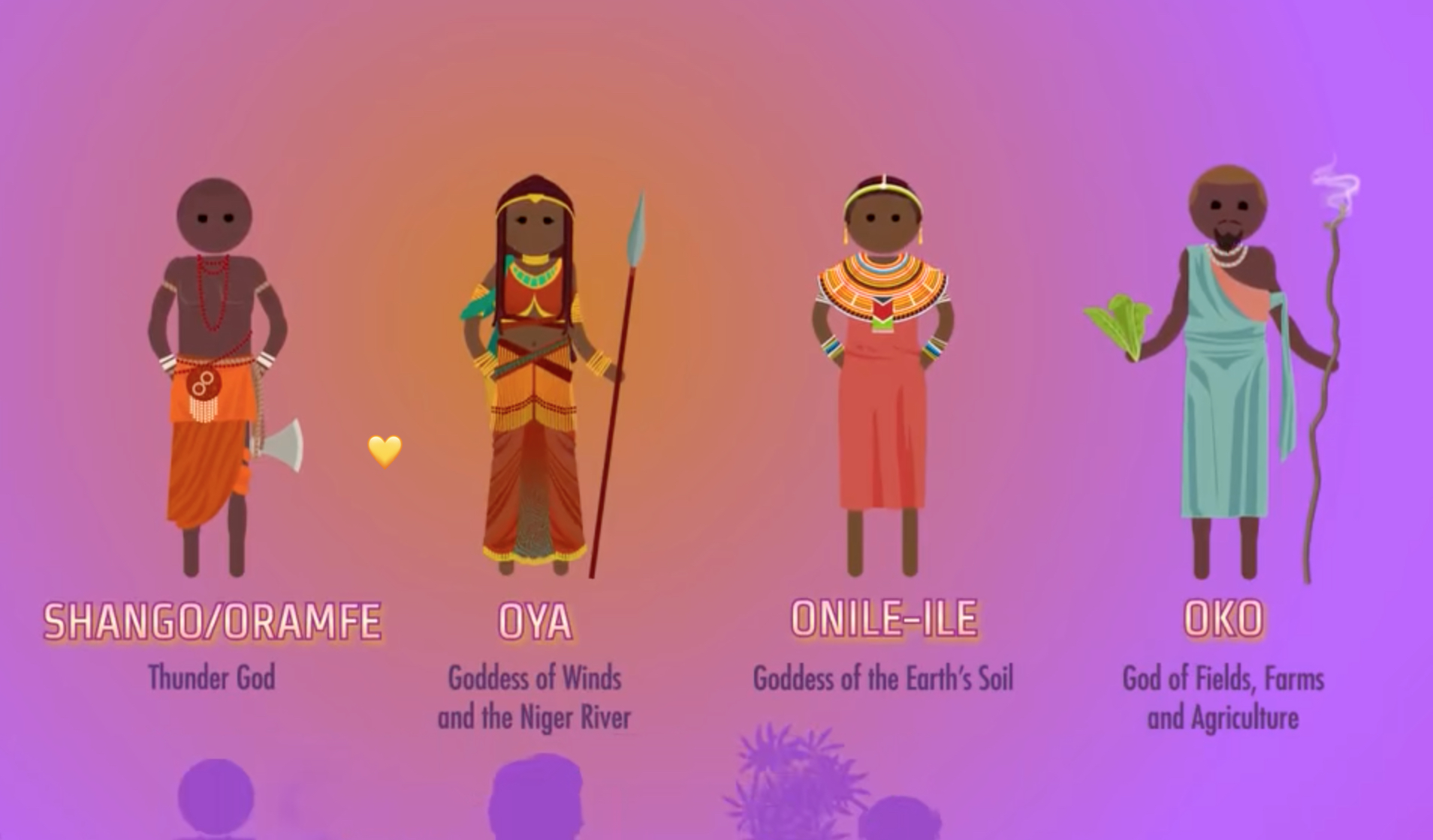
Orungan is the god of air, he's the son of Aganju, god of the wilderness, and Yemoja, goddess of the River Ogun(奥贡河). And it's not all positive phenomena either. Obaluaye is the god of smallpox(天花), disease, and death, so I bet he's a real treat at parties.
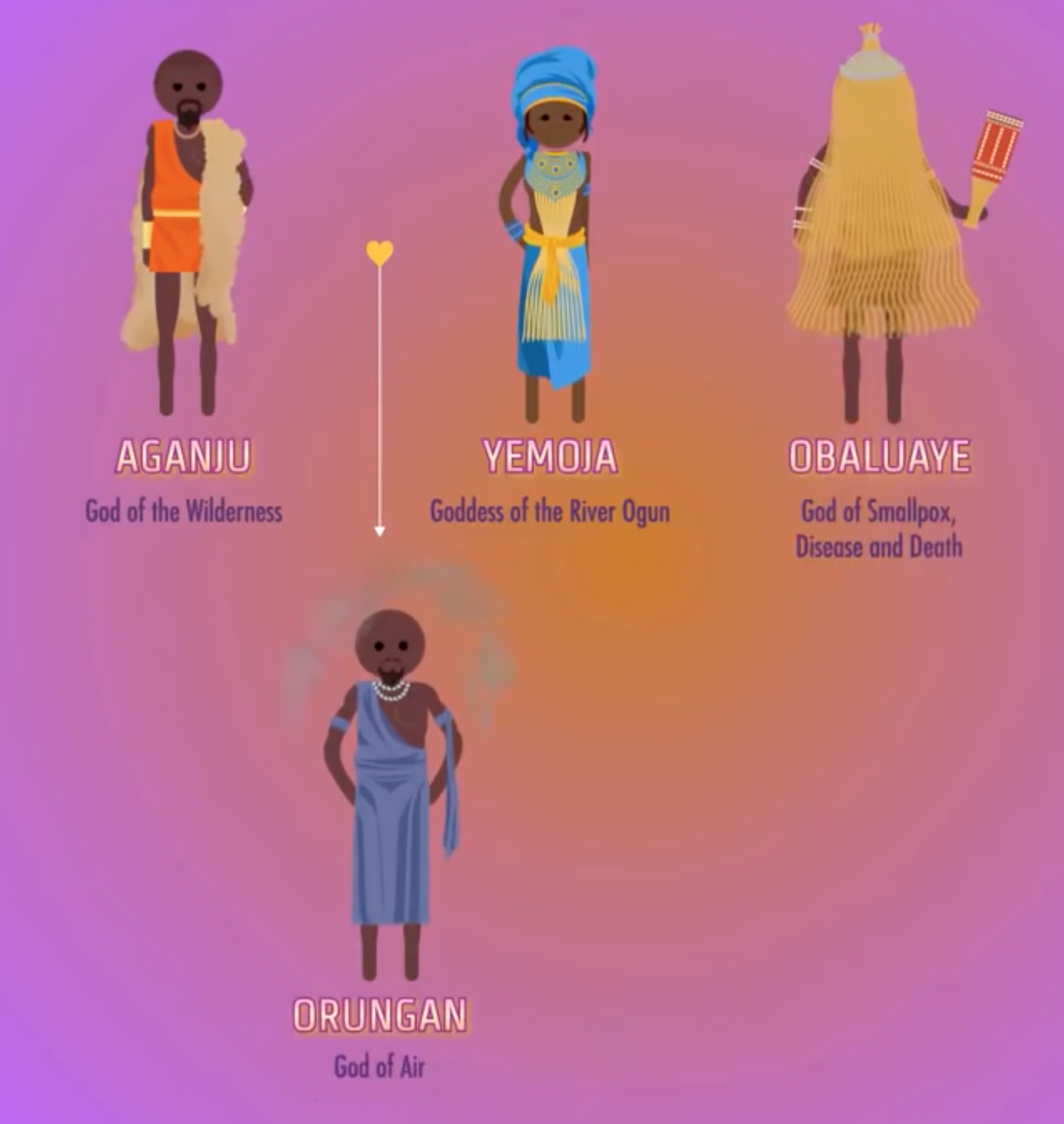
🌳 12. You might have noticed that there's some overlap in divine responsibility. When myths exist mostly as oral traditions and come from such a huge and diverse geographic region, a certain amount of redundancy[rɪˈdʌndənsi](多余,重复) is pretty normal. We saw this in the Egyptian pantheon too.
For instance, multiple Orishas are considered warrior gods, and others seem to control aspects of the human condition. Ori is the god of individuality and fate, while Iwa is the goddess of character.
🌳 13. A number of Orishas relate to regional geography, like forests, particular rivers, and hunting. And some represent seemingly hyper-specific but key aspects of African life, such as Ogiyan, the god of crushed cassava(木薯). Now that is a god who I bet is a real treat at a party.
And just for you history fans out there, this shows that not all Orishas have ancient origins. Cassava was introduced to Africa as part of the Columbian Exchange[1].
[1] Columbian Exchange哥伦布大交换
一场东半球与西半球之间生物、农作物、人种(包括黑奴)、文化、传染病、甚至思想观念的突发性交流。在人类史上,这是关于生态学、农业、文化许多项目的一件重要历史事件。
🌳 14. Other than Sky-Dad Olorun, the most important Orisha is his oldest son, Orunmila, the god of wisdom and divination. According to Leonard and McClure, "Orunmila, by reading pine nuts(松子) and cowries(海生贝类动物:玛瑙贝,宝螺), communicates Olorun's irreversible intentions and therefore, personifies fate." So think of that the next time you're having pesto(意大利松子青酱,用罗勒叶、松子、干酪和油调制而成).
Many of the Orisha myths feature Orunmila, including the one that explains how the Orishas got their powers.
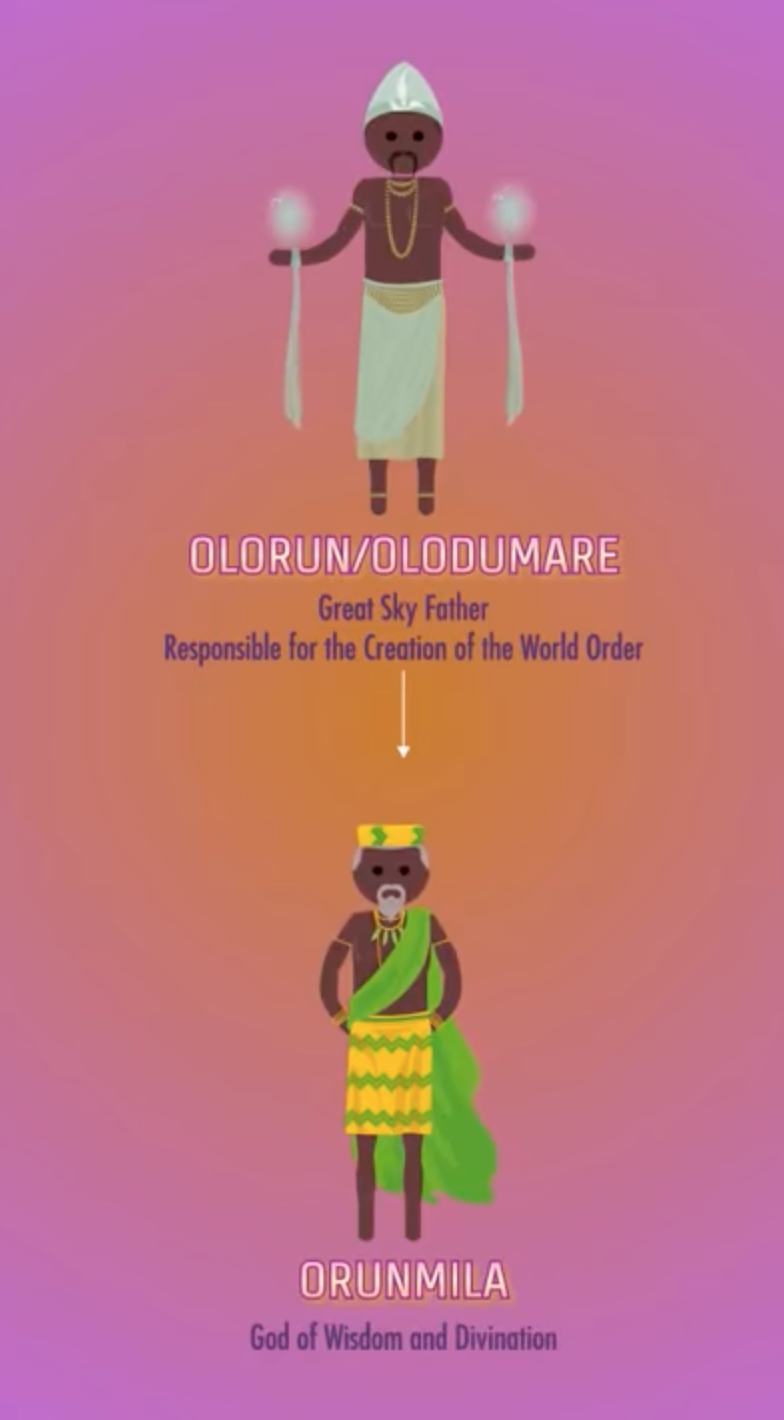
🌳 15. The Orishas lived on Earth, and before they each had unique powers, they were equals. Whenever they needed some special knowledge, they would ask Olorun or Orunmila for help.
One day, an Orisha named Oko wondered why he should have to do that. He thought that if he had a special knowledge of a certain thing, then people could ask him and not have to hassle Orunmila. So Oko asked Orunmila for special powers to distinguish him from humans.
🌳 16. Ogun also asked Orunmila for special power to keep the world going. Soon, all the Orishas wanted powers. Orunmila was distressed. He held all the Orishas in equal esteem. He thought, "there are many powers to be shared. To whom should I give one power or another?"
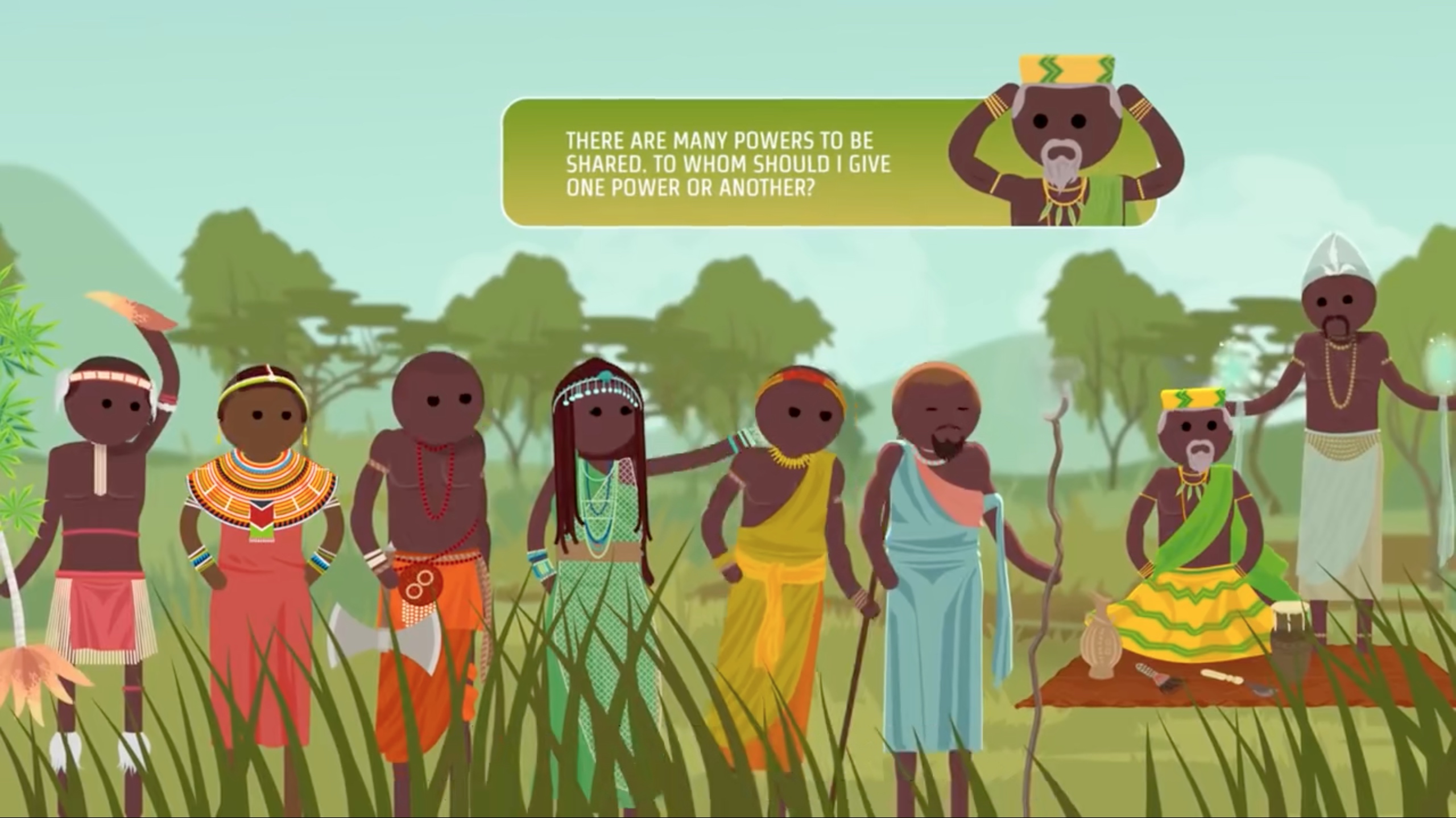
🌳 17. One day, he went for a walk and met Agemo, the chameleon, who asked Orunmila what was wrong. Orunmila explained and Agemo responded, "Perhaps it would be best to leave the distribution to chance. Return to the sky. Then send messengers to announce that on such and such a day you will pour the powers down on the Earth. Let each Orisha catch what he can or retrieve it from the place where it falls. Whatever powers an Orisha collects in this way will be his. By sending your messengers you will have given everyone equal notice and no one can say 'Orunmila neglected me.'"
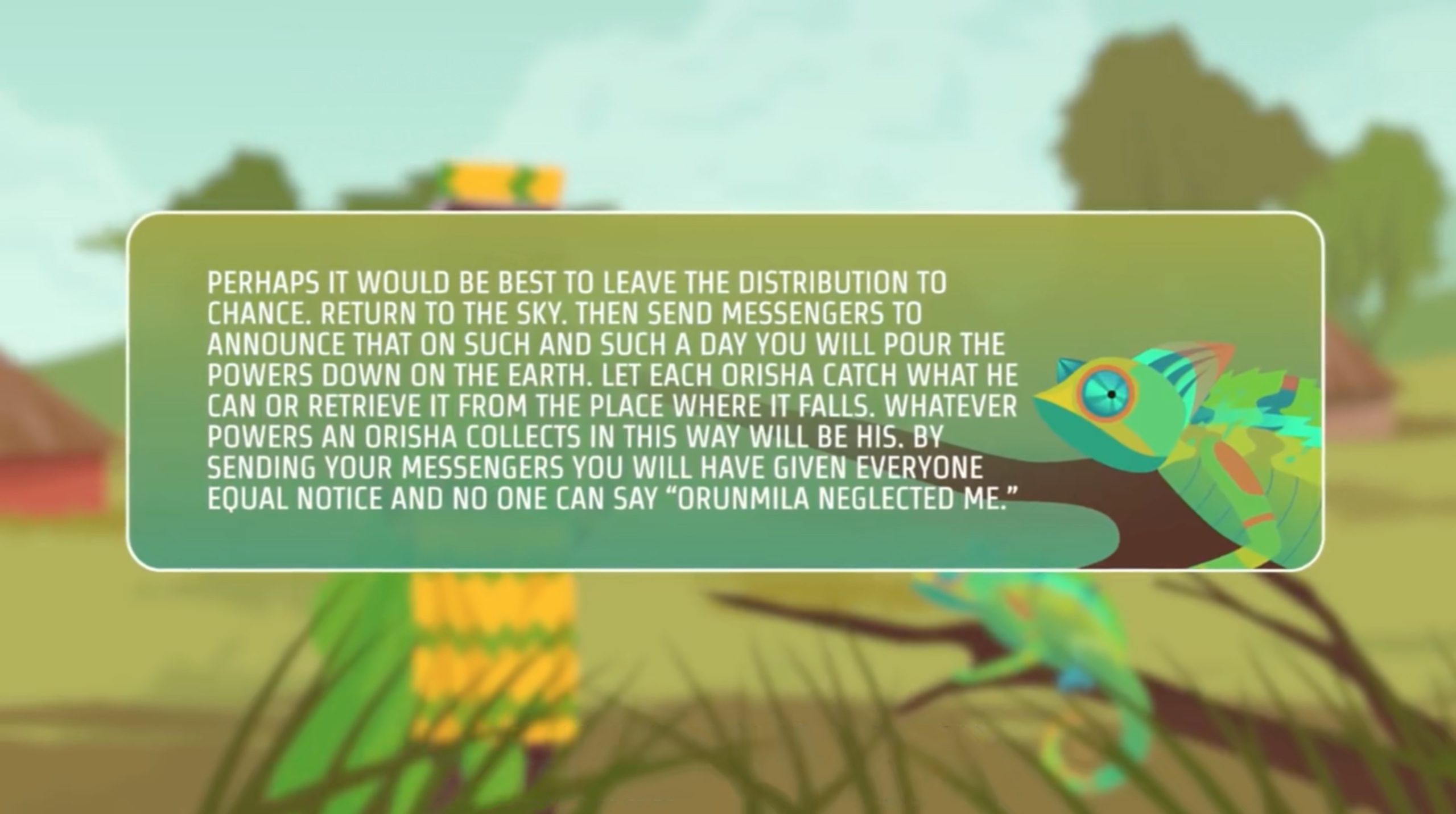
🌳 18. Orunmila followed this advice. When he sent out the messengers, the Orishas said, "Orunmila does a good thing. Thank him for us. We will receive what he rains down on us."
Five days later, the powers fell from the sky. The Orishas waited in the fields, and ran to catch them. They weren't all equally fast, strong, or persistent, so not all were able to get as large or desirable a portion of Orunmila's bounty, but everyone got something.
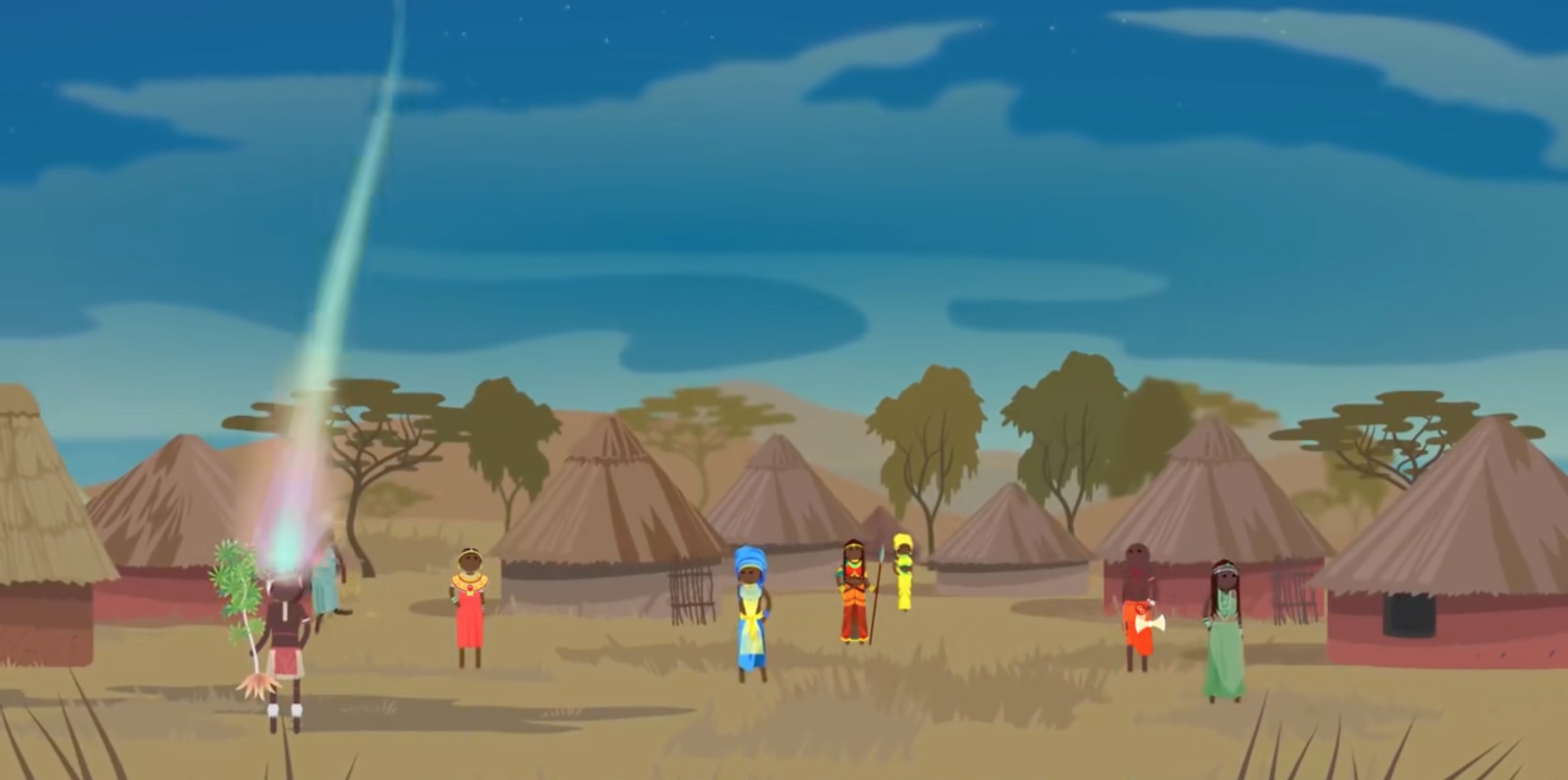
🌳 19. So, man, I love this origin story! It explains how the Orishas came to have their roles. Unlike the Greek Olympians, who were seemingly born with their attributes, the Orishas, while not exactly human, don't have have any special abilities or knowledge until Orunmila rains 'em down.
And after he does, they're not all equal in their abilities, explaining why some Orishas have a lot of power, and why some just get to make really delicious side dishes.
🌳 20. Think about Orunmila for a second. He seems to be all-powerful. He could easily assign special characteristics to Orishas as he sees fit, thus, increasing his influence over them, or he could just ignore them all together. He's powerful, why help these noobs(菜鸟,新手)?
But no. Not only does he distribute divine favors, but attempts to be fair in the process, providing a lesson for how humans, and especially rulers, should behave.
🌳 21. And despite his own power, Orunmila can't solve his problem without the help of a very wise chameleon, demonstrating the fallibility[ˌfælə'bɪləti](易错) of Orishas, and the connection between their world and the world of animals. Animals play a big role in many African stories, and we're gonna see more on that in a later episode.
This story echoes another Orisha myth, featuring Olorun, that explains the human condition. In this story, Olorun responds to the humans of the first city, Ile-Ife, who demand inequality.
🌳 22. As one man claimed, "There is nothing that is unequal among us and there is nothing to differentiate us! We speak the same language, we live in the same town and we each own equal amounts of possessions! No one among us has more than any other and yet, no one has less than anyone else. There is absolutely no variety in anything in our lives! Why is it that we are all the same?"
🌳 23. Like Orunmila, Olorun didn't want to give in to the humans' demands. He knew that differences between people would lead to strife. He sent Eshu to explain this, but the people of Ile-Ife wouldn't listen. And eventually, Olorun relented. He sent Eshu to hand out differences to people in the marketplace, and woah, big surprise here, chaos ensued[ɪnˈsu](接着发生).
🌳 24. People complained about their individual differences. One woman saying, "Why are men treating us so badly," and another, "why are they acting superior to us?" So the next time someone makes a sexist comment, blame Eshu. But also the person making the sexist comment, too.
Chaos and war were bred from Olorun's inequality. Eventually, the people couldn't even get along with each other, and they had to leave Ile-Ife. This caused the formation of new nations, tribes, cities, and kingdoms, and according to the story, "in this manner, inequality prevailed among the people of Earth."
🌳 25. This story is a direct echo of the origins of the Orishas powers, and shows just how similar the gods and humans are. As with the other pantheons we've seen, gods in human form have human frailties, which may make them more relatable as objects of worship, but also makes it easier to criticize them, or see them as fallible.
🌳 26. Perhaps this helps explain why much of the world that worships a divine being has chosen to put its faith in a power that, for the most part, eschews[esˈtʃu](避免) human form and human emotions. But, can they make delicious cassava?
Thanks for watching, we'll see you next time. And when you've got a seemingly unsolvable problem, remember, just ask a chameleon.
To be continued...
未完待续…
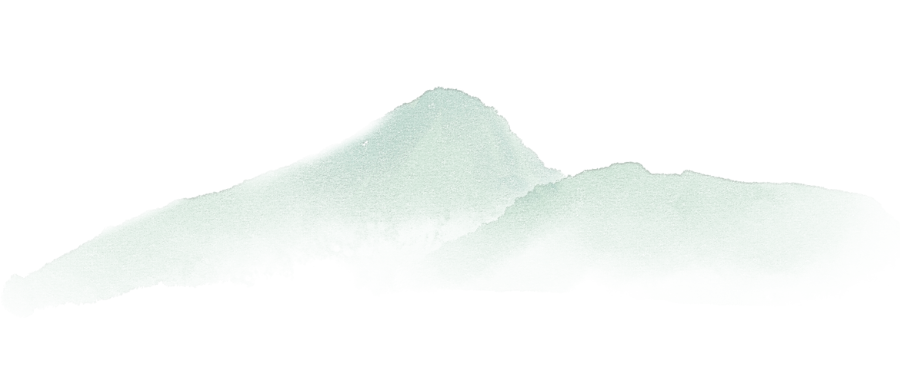
编辑 / 美工 / 校对:🌿香草女巫🧪
🌳 搬运工说:本系列共 40 集,涉及到的单词、神话内容繁杂,音标、注解及对应的神话画作、图片为本搬运工编辑添加,放便各位朋友读文理解。因校注、编辑均由搬运工一人完成,难免有疏漏错误,请反馈告知。欢迎各位朋友一起阅读学习。
